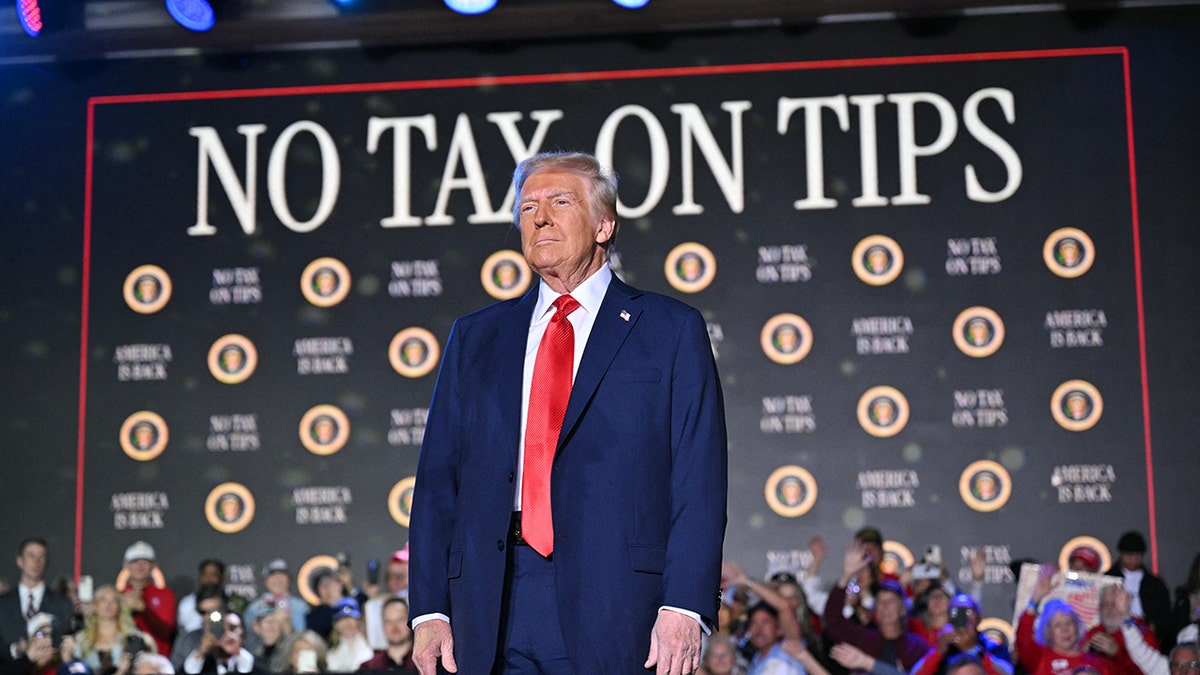With House Republicans reaching a budget resolution consensus, the focus shifts to the specifics of tax cuts within their upcoming legislative package. A central proposal is aligning with President Trump's vision of a 15% corporate tax rate, a move projected to significantly enhance U.S. competitiveness and counter the lingering effects of previous economic policies.
Analysis from the Tax Foundation suggests that a 15% corporate tax rate could substantially boost GDP, wages, and job creation. This builds upon the success of the 2018 Tax Cuts and Jobs Act, which lowered the corporate tax rate from 35% to 21%, resulting in a documented average 20% increase in domestic corporate investment, according to an NBER study.

This reduction has been attributed as a key factor in the U.S.'s favorable living standards compared to other developed nations. A further reduction to 15% is anticipated to generate another wave of economic growth, benefiting shareholders, including the significant portion of Americans who own stocks, and workers across the board.
Such a cut would also positively impact the 1.5 million small businesses structured as corporations, along with those companies that support them. However, the majority of small businesses operate as pass-through entities, subject to individual tax rates. The forthcoming Republican tax bill should address this disparity by offering comparable relief to these businesses.
The Tax Cuts and Jobs Act (TCJA) already provided substantial benefits to small unincorporated businesses through a 20% tax deduction, accelerated expensing, and lower overall tax rates. These provisions, set to expire at year's end, have positively influenced the entrepreneurial landscape, benefiting nearly 20 million small businesses annually.
To maintain a balanced tax system while lowering the corporate rate, lawmakers could consider raising the small business deduction to 25%. This adjustment would create a more equitable effective tax rate between small businesses and corporations. Additionally, expanding the income threshold for this deduction would extend tax relief to more middle-class small businesses, fostering growth and fair competition.
These proposed tax cuts are expected to fuel economic growth, potentially offsetting a significant portion of their cost, mirroring the impact of the TCJA. Contrary to previous concerns, inflation-adjusted tax revenue has increased since 2017. The current deficit is primarily driven by a surge in federal spending, which has risen from $4 trillion to nearly $7 trillion annually since 2017, rather than by tax cuts. The GOP's proposed spending cuts aim to address this issue.
As lawmakers deliberate on the tax cut components of their reconciliation bill, a 15% corporate tax rate and a comprehensive 25% small business deduction should be prioritized as key elements for long-term economic prosperity.
Comments(0)
Top Comments